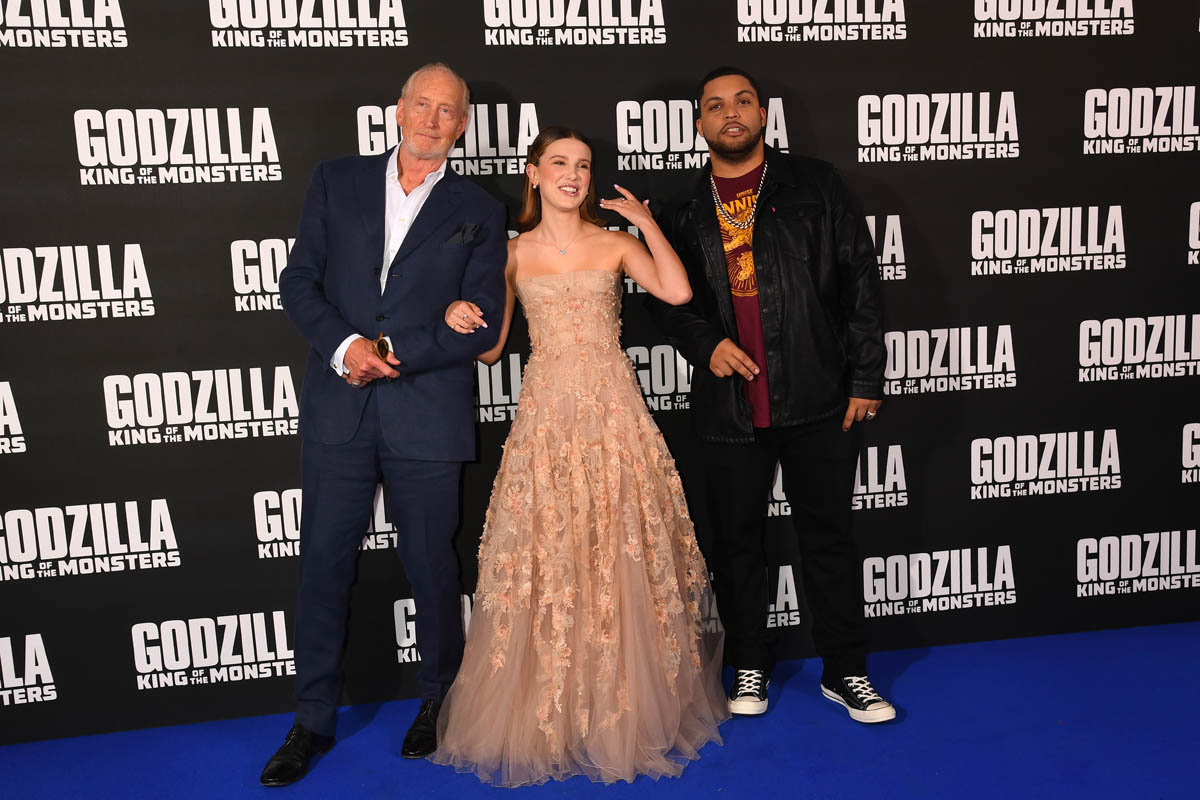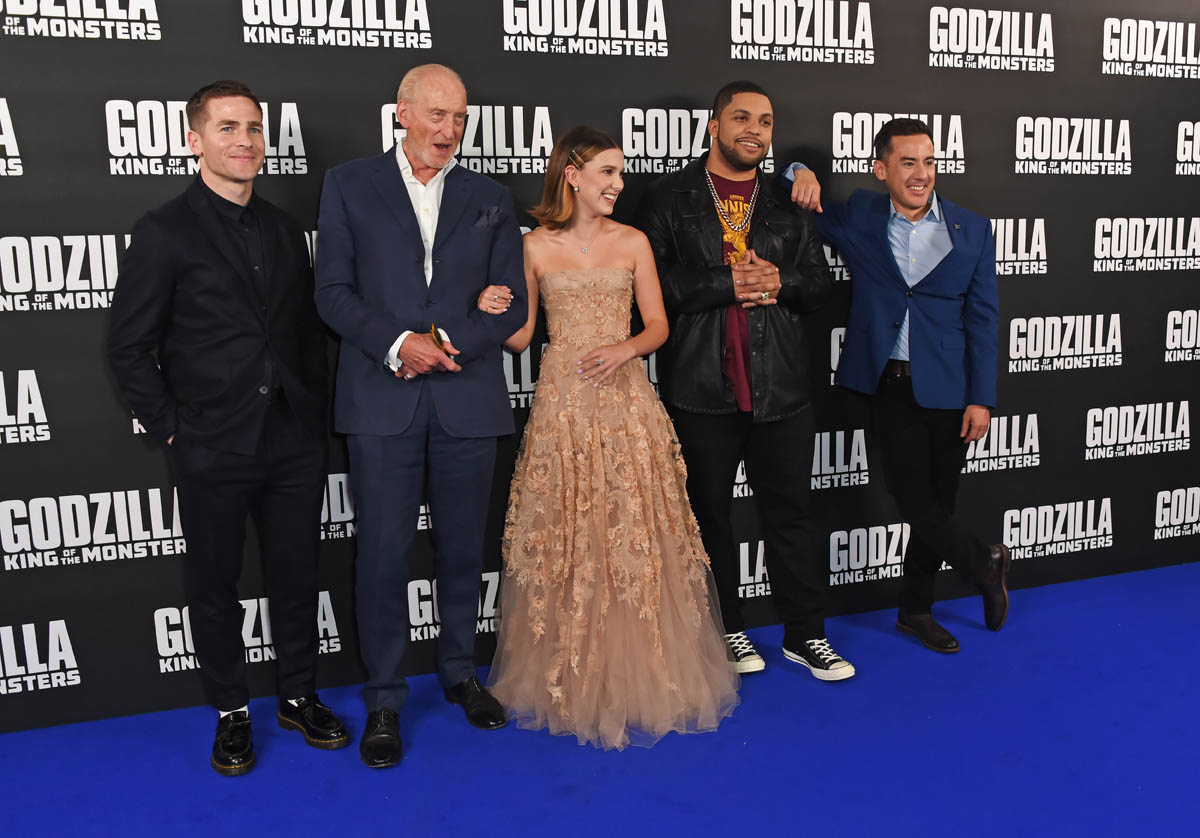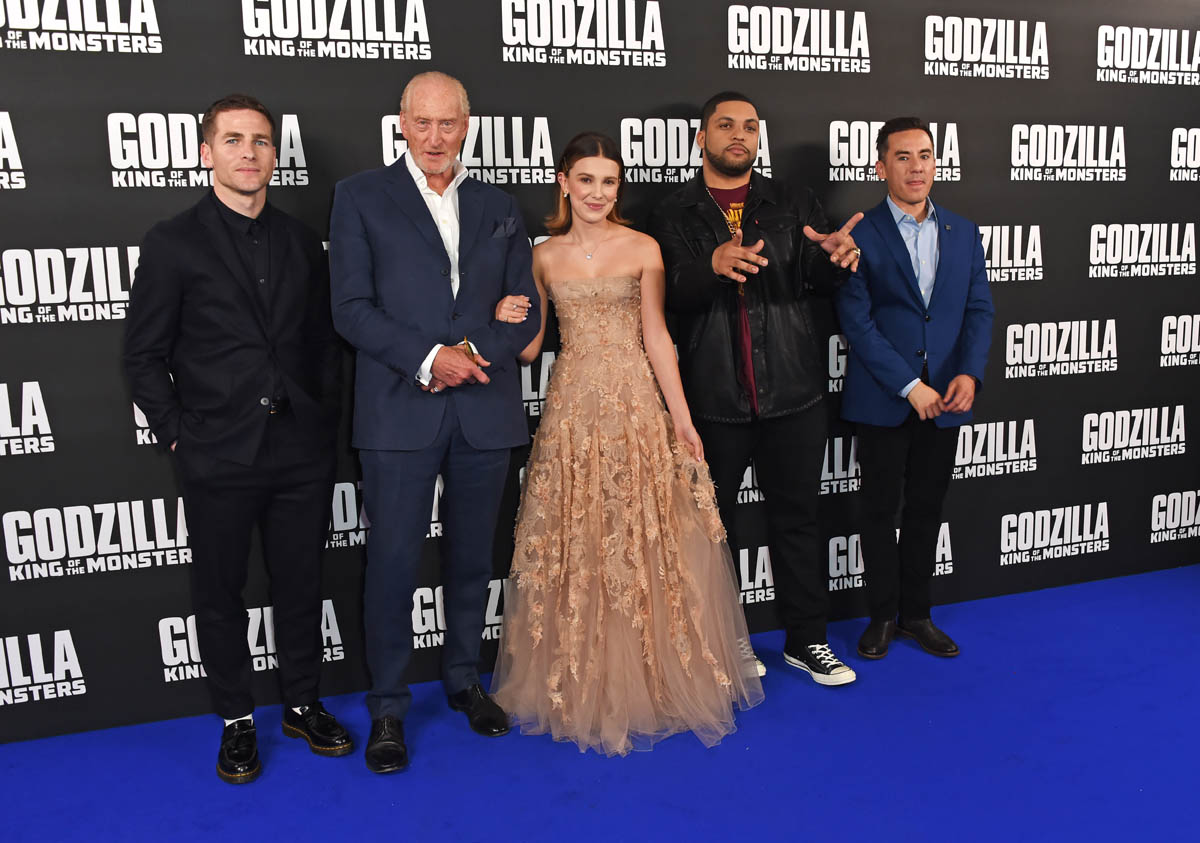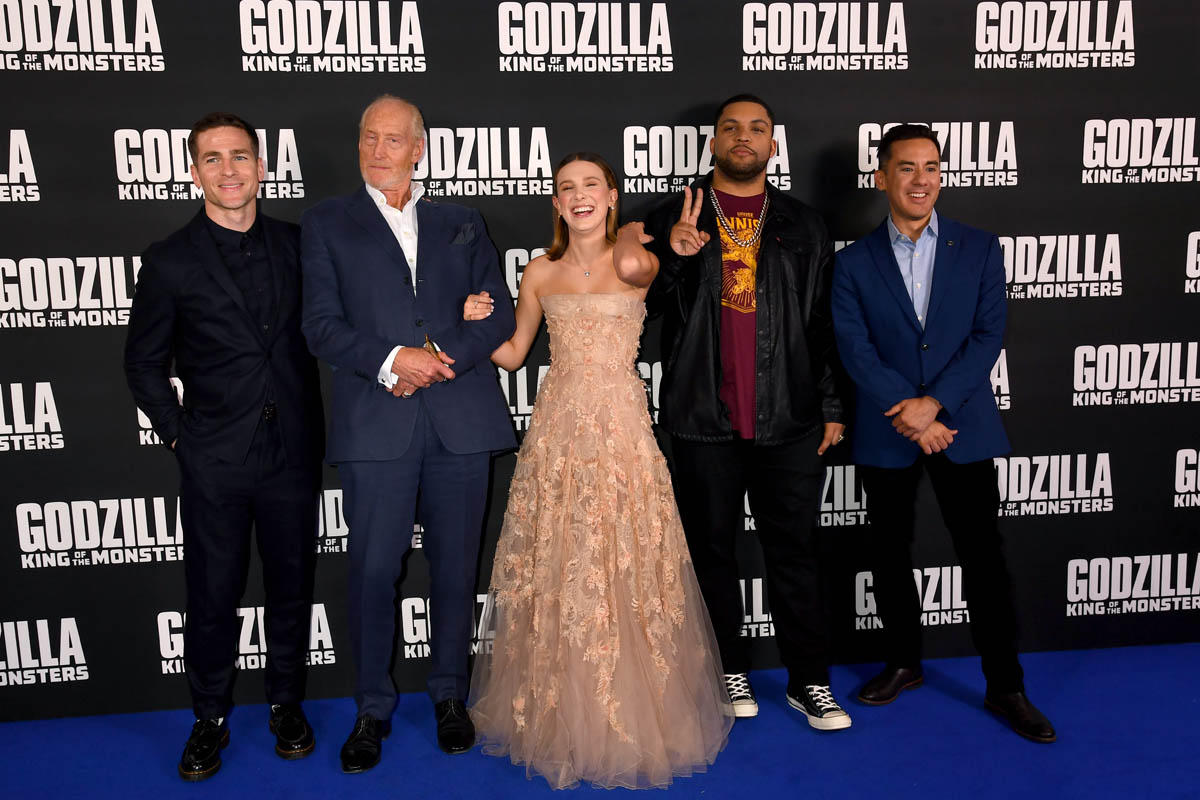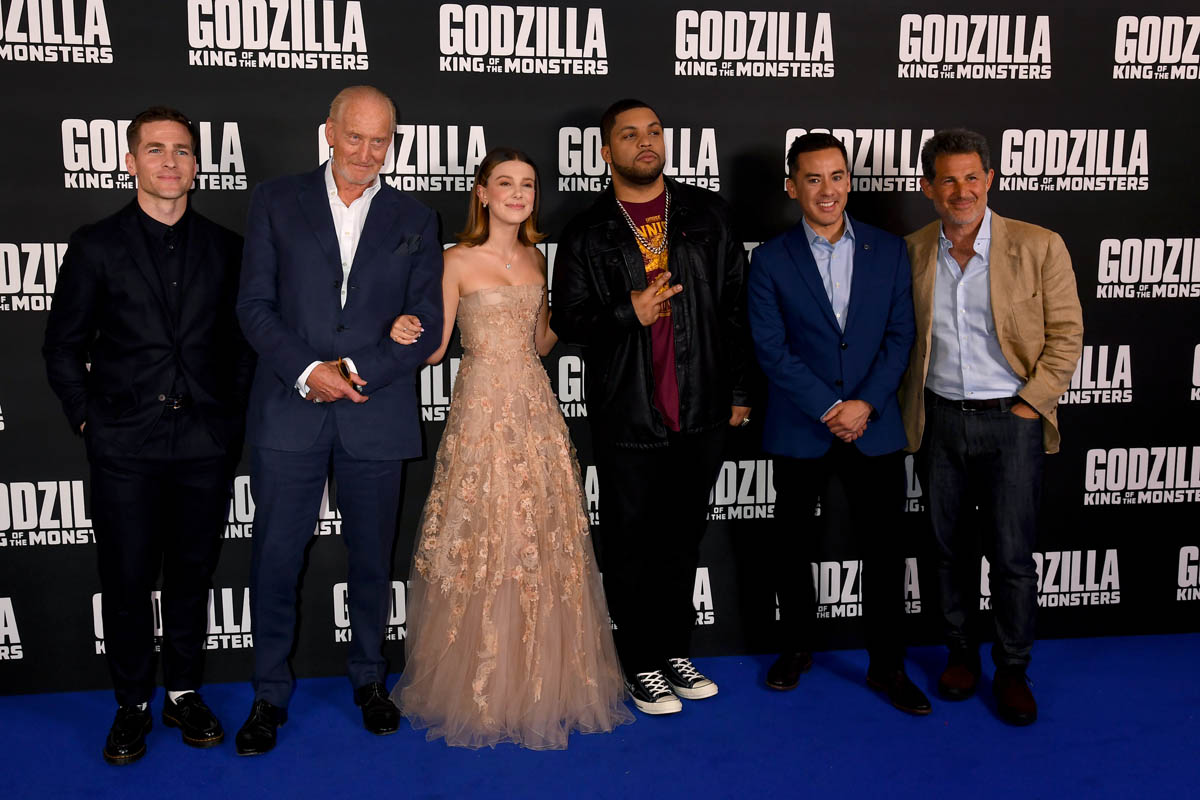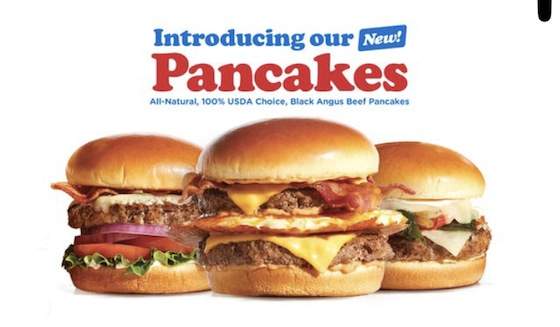Godzilla’s weakening roar


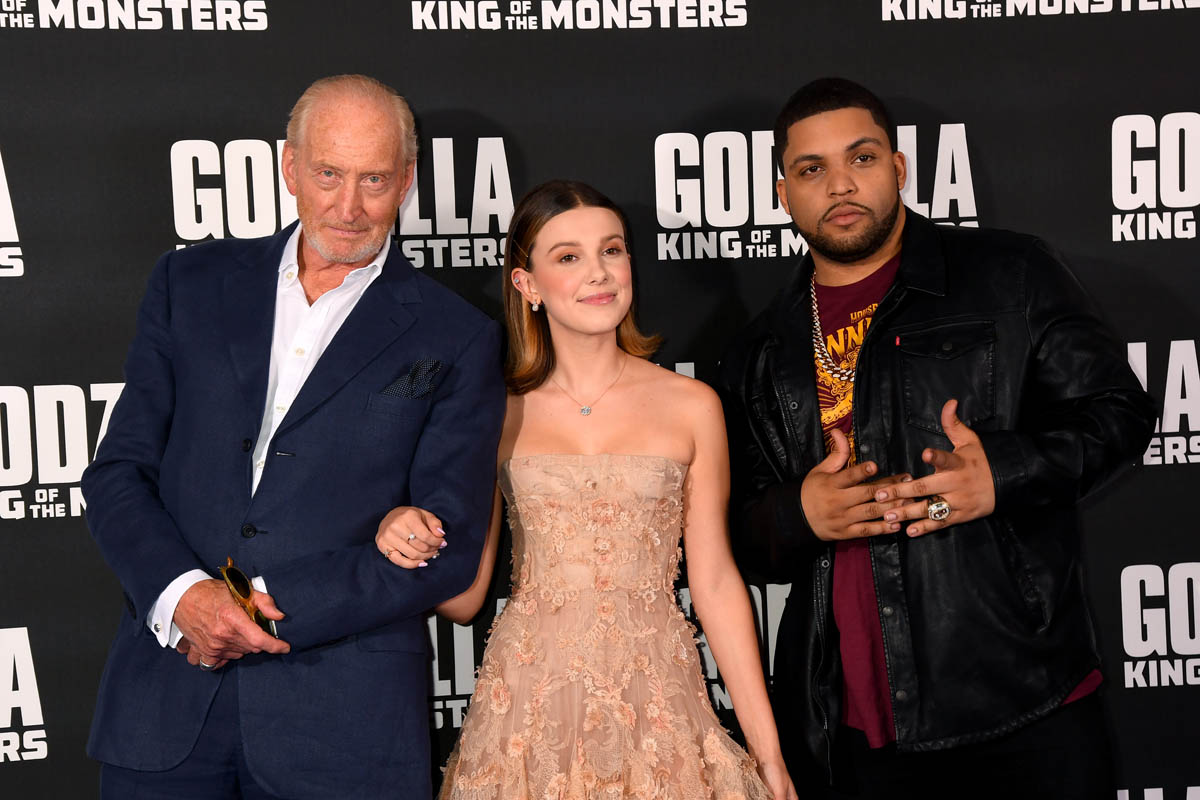
Godzilla: King of the Monsters opened at #1 over the weekend, but still managed to disappoint, earning $47 million against expectations of $50 million or more. That’s not a huge disappointment, true, but Godzilla’s expectations themselves were disappointing. This is the third entry in a franchise, following 2014’s Godzilla, which debuted with $93 million, and 2017’s Kong: Skull Island, which opened to $61 million, and the expectations keep going down. The Godzilla franchise is depreciating, which has everyone wondering What Has Gone Wrong for the world’s most beloved atomic lizard. It’s certainly not that the movies are terrible. The movies are okay. I quite like the 2014 Godzilla. I enjoyed Kong: Skull Island. Godzilla: King of the Monsters is not as silly as Kong but it has more monsters fighting than Godzilla, so it’s okay.
To be honest, I don’t feel I can properly review it because my experience seeing it was so bad. The projector bulb in the theater was clearly burning out, and a full third of the frame was lost to darkness, while the remaining image was noticeably dim. For sure, many visuals in King of the Mosnters are meant to be stunning—big, wide-shot visuals of giant creatures emerging from darkness, often with one bold color highlighting their terrible visages. Striking stuff, or it would have been, if I could have f-cking seen it clearly. (To repeat: The theatrical experience blows, and until theater owners start investing in it, I don’t care about saving it.) Director Michael Dougherty (Krampus) takes over from Gareth Edwards, though he keeps the tone of the 2014 movie. Which is to say, slow, ponderous, even philosophical.
Which is probably where we should start when trying to figure out why Godzilla is not working for contemporary audiences. I don’t know that there IS a way to make him work, at least when it’s Hollywood trying. Godzilla is not our cultural myth, he belongs to Japan. And in 2016, Toho, a Japanese production company, made Shin Godzilla, which is pretty much the best modern Godzilla movie that can possibly be. Shin Godzilla updates Godzilla’s atomic metaphor to the Fukushima Daiichi nuclear disaster (a connection the 2014 Godzilla makes, too, though less effectively), as Godzilla causes tsunamis and trails radioactive waste in his wake. Shin Godzilla is also a fantastic bureaucratic satire, which is an element missing from the Hollywood take on this monster. The current run on Godzilla is taking itself very seriously, and King of the Monsters isn’t interested in any kind of satirical or critical examination of power. It proposes Godzilla and the other “titans” as an existential good vs. evil debate. Godzilla is rooted in nuclear annihilation, but except for acknowledging Godzilla’s radioactive origin, the Hollywood movies do not see Godzilla as a representative of nuclear power.
These new movies at least understand part of this myth is the pointlessness of humanity in the face of existential threat, but both Godzilla and King of the Monsters can’t quite surrender to the futility of fighting Godzilla, in both movies, scrappy soldiers end up helping Godzilla. And that’s the other thing—these new movies have turned Godzilla into a GOOD GUY. We’ve taken a cultural myth about nuclear devastation and more or less turned it into a superhero story in which the superhero is a giant atomic lizard. I get the concept, that Godzilla and the other titans represent a primordial order, and King of the Monsters, particularly, relates Godzilla to concepts in Western mythology, mainly that the gods punish humanity when humans step too far out of line. Here, we are destroying our planet like a cancerous growth, so Godzilla and the other titans have come to level the playing field and give Earth a chance at surviving us. It’s not a terrible way to think about Godzilla, but it still misunderstands what Godzilla is: an Eastern myth. Godzilla sprang from a specific cultural trauma, and even in recent years, Godzilla remains a way for Japan to process specific, nuclear-related events that have occurred in their country. The echo of the original trauma remains.
We’ve spent five years recoding Godzilla into something that one, won’t make Americans feel bad about the atomic bomb, and two, can be processed in a broader sense, without the particular Japanese inflection. The movies are not poorly made, they are, at the least, intermittently entertaining; they are GORGEOUS to look at; and the philosophical hook isn’t bad, in itself. It’s just awfully similar to the same philosophical thread in most superhero movies, with our own cultural myths dealing with good vs. evil, moral imperative, and existential extinction threats. Avengers: Endgame is grounded in the extinction threat—we just told ourselves that story. Maybe people didn’t feel the need to repeat it by borrowing someone else’s symbols when we already have our own. Everyone’s trying to figure out what is wrong with Godzilla, and why audiences aren’t getting onboard with a new Godzilla franchise. But maybe nothing is wrong with Godzilla. Maybe it’s just not our story to tell.
Shin Godzilla is available to rent on Amazon, if you want to see a great contemporary Godzilla movie:


